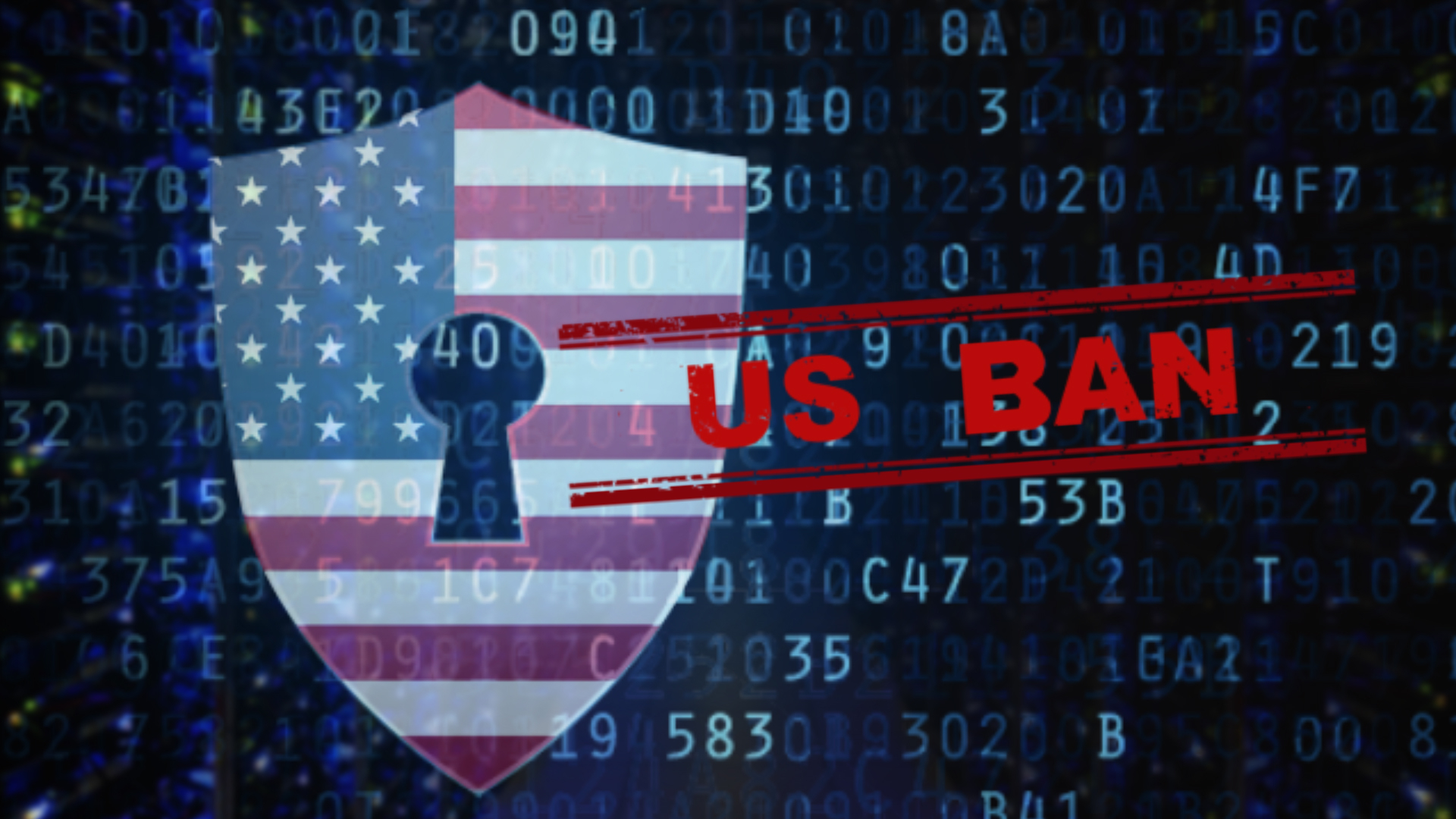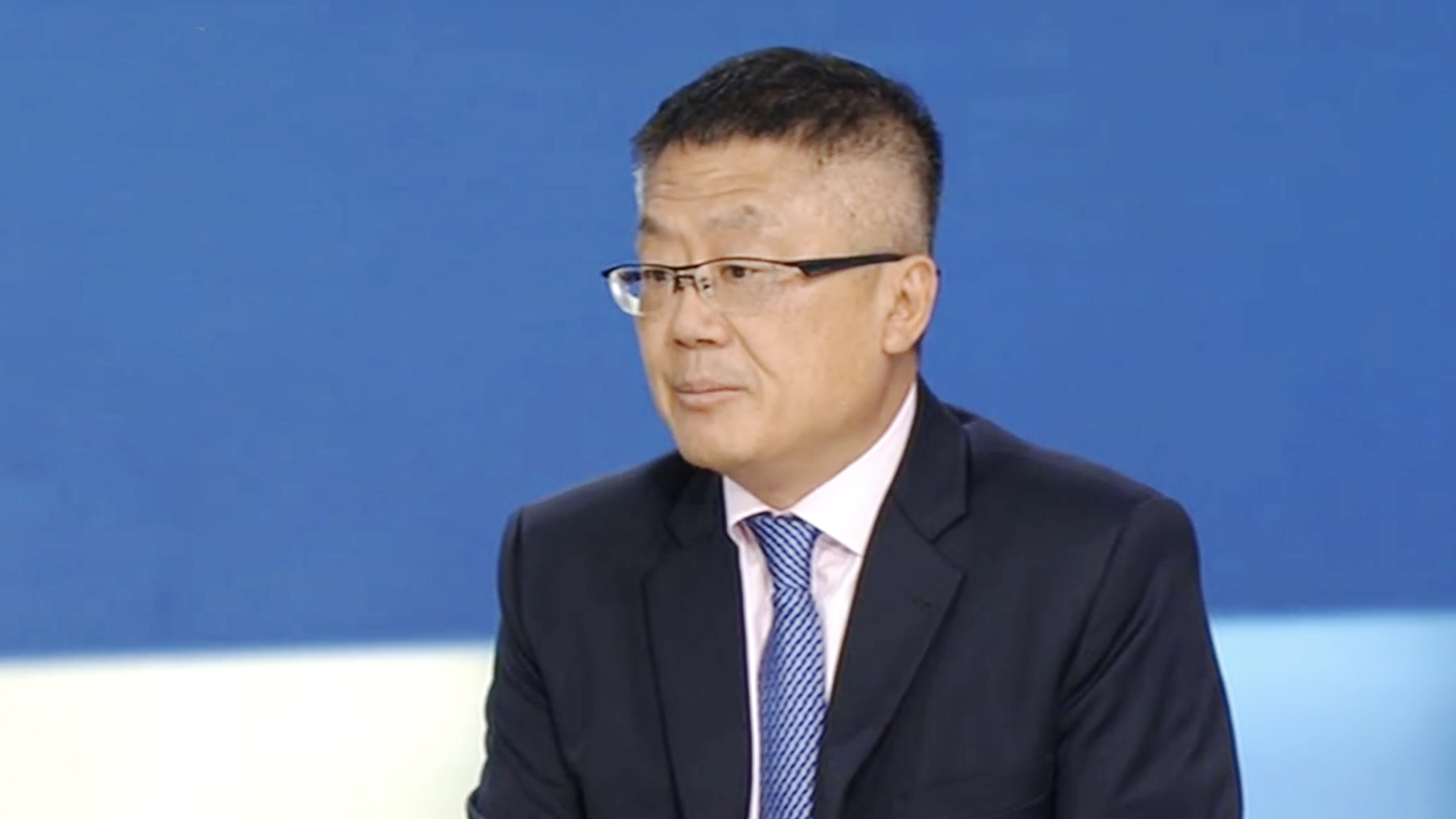

By mixing national security issue with trade negotiation, the U.S. is making the current situation with China complicated, experts said during their interview on CGTN’s Dialogue program.
The U.S. Commerce Department recently announced that it had put five Chinese computing groups on its Entity List, barring them from buying U.S. parts and components without government approval due to national security concerns.
Timothy Stratford, chairman of the American Chamber of Commerce in China, suggested that the U.S. should separate economic issues from national security issues; the way the U.S. mixing national security concern with trade negotiations makes the current situation between two countries more complicated.
The U.S. Commerce Department’s move comes ahead of U.S. President Donald Trump and Chinese President Xi Jinping’s meeting during the G20 summit in Japan this week. Huang Jing, Dean of the Institute of International and Regional Studies at Beijing Language and Culture University, echoed Stratford’s view and further pointed out: “We do not know if this kind of blacklist of Chinese companies is to gain more leverage in the trade negotiation or it is really legitimate threat of American national security interest.”

Huang also explained that blocking these high-tech Chinese companies in the long-run does not help the United States, “because the U.S. has a huge advantage in the high-end of the production value chain and the U.S. has made huge profit in its trade with China. But if the U.S. uses national security as an excuse to block American companies to sell chips to China and force China to develop its own, in the long-run, it’s the United States who betrayed its loyalty to the production value chains… eventually, it’s the United States who stands to lose,” and in the long run, it won’t benefit to either side, especially the U.S.
Huang shared his concerns, saying: “Trump administration’s policy is very ad hoc”. As the largest economy in the world, its national interest is very much integrated with the world. Those “ad hoc policies” by the U.S. will not only cause uncertainties in people’s expectations but also make the business circle challenging to adapt to.
(If you want to contribute and have specific expertise, please contact us at opinions@cgtn.com)

Copyright © 2018 CGTN. Beijing ICP prepared NO.16065310-3
Copyright © 2018 CGTN. Beijing ICP prepared NO.16065310-3